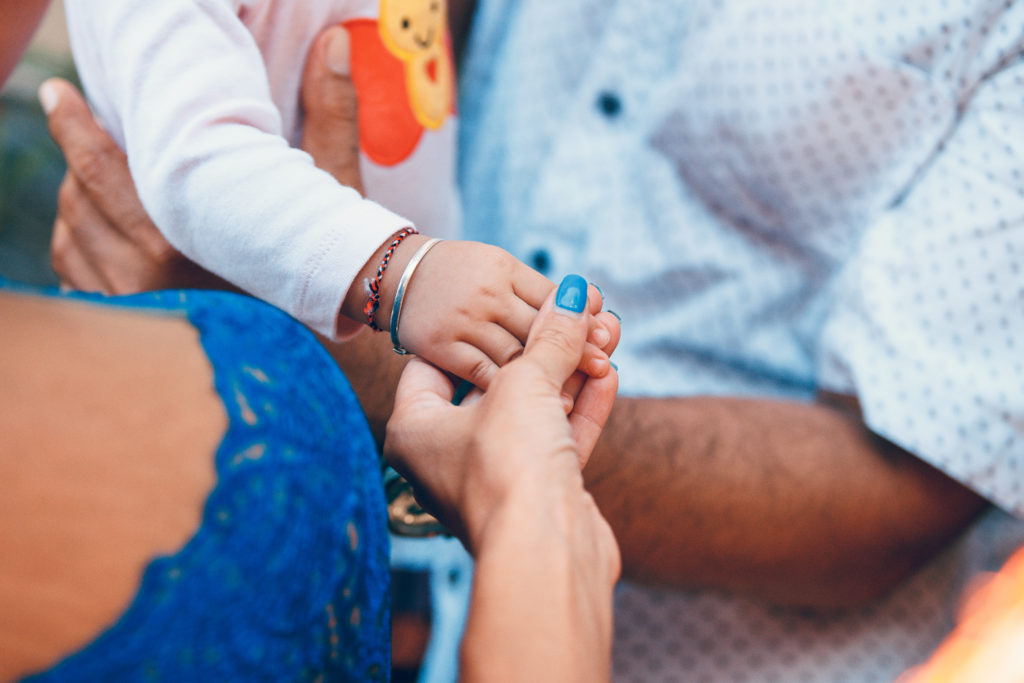
We’ve known for at least thirty years now that Adverse Childhood Experiences (ACES), when piled on top of each other, can lead to a wide variety of adult mental and physical health problems (for more information on ACES, see acestoohigh.com). Cardiac issues, cancer, diabetes, suicide attempts and completions, HIV, and early unintended pregnancy are all vastly increased for people who have lots of ACEs. There has been a little research here and there about what sorts of experiences might soften the blow of these negative ones. Recently, a group of researchers at the Johns Hopkins School of Public Health published a study (full text here: https://jamanetwork.com/journals/jamapediatrics/fullarticle/2749336 ) that gives us a clearer picture of which kinds of experiences before age 18 can make the long term health picture less bleak for people who have had 4 or more ACES. They’re calling these Positive Childhood Experiences. I made a quick rating scale with them, it’s at the end of this post.
In the wake of the COVID pandemic, these protective factors are more important than ever, and they’ve always been crucial. Anyone can be a key player for a child with a high number of adverse early experiences. It doesn’t require any specific training or abilities; just be a good listener, and be there. Consistent positive adults are critical in developing resiliency in young people.
In a nutshell, all of the 7 PCE’s identified here are about caring, stable relationships. Both adults and children can help kids experiencing high levels of ACES to feel better and have more positive outcomes in adulthood, particularly around depression. This is great news because it means that effective intervention for reducing the health impact of ACES isn’t rocket science and need not be expensive. In fact, it may be that one of the most potent interventions we can incorporate may be a throw back: communities where neighbors know each other and interact regularly in positive ways.
Mark each item A= always; S = sometimes or N = never
(1) Felt able to talk to your family about feelings; A S N
(2) Felt your family stood by you during difficult times; A S N
(3) Enjoyed participating in community traditions; A S N
(4) Felt a sense of belonging in high school (not including those who did not attend school or were home schooled); A S N
(5) Felt supported by friends; A S N
(6) Had at least 2 nonparent adults who took genuine interest in you; A S N
(7) Felt safe and protected by an adult in your home; A S N
Comments are closed